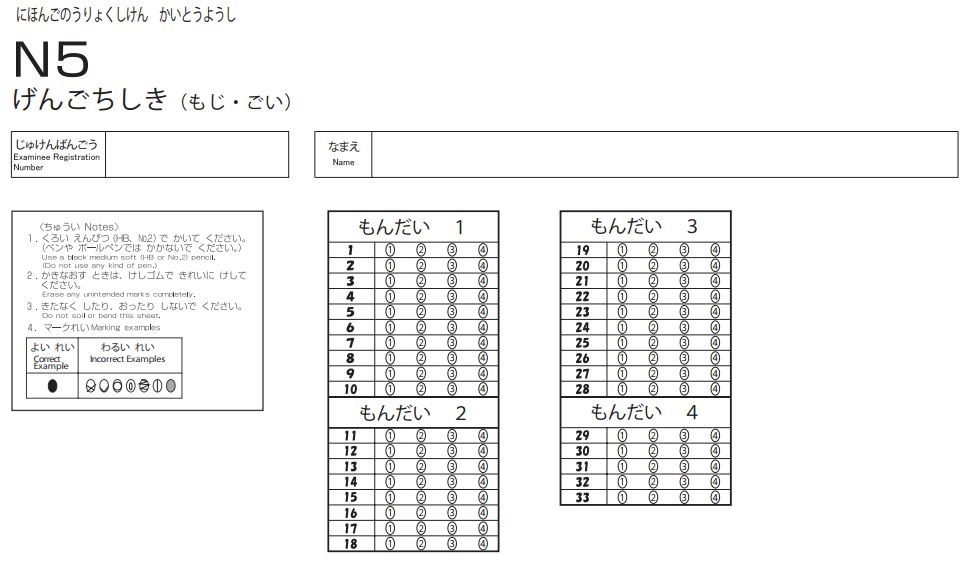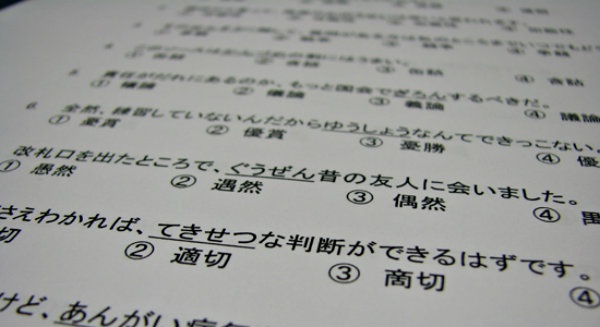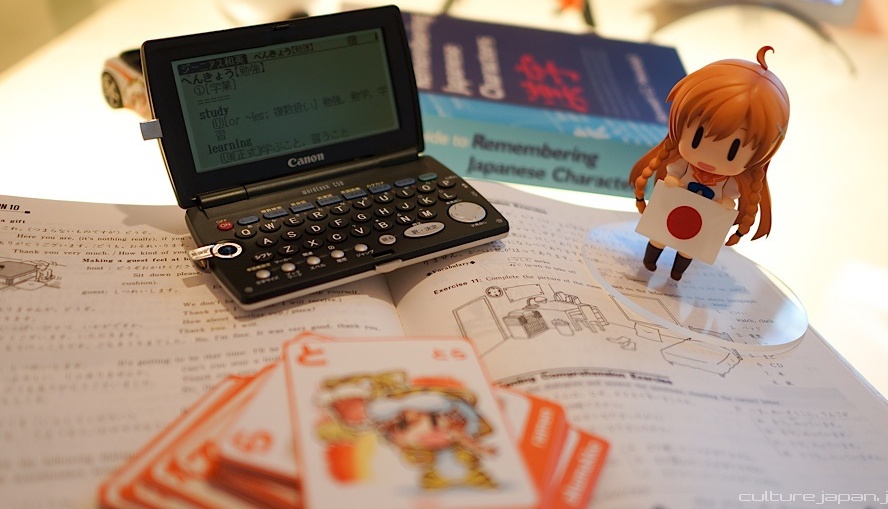The ABCs of the JLPT
The Japanese Language Proficiency Test, better known as the JLPT, has been offered since 1984 by the Japan Foundation and Japan Educational Exchanges and Services as a benchmark by which to evaluate the Japanese language abilities of non-native learners of Japanese.
By Nicholas Rich1. Why Is It Important?

http://vmwareclass.com/value-of-vmware-vcp-certification/
While there are plenty of personal reasons to test your Japanese comprehension, the JLPT can also be a big help to you professionally as many Japanese companies request certification of your ability to communicate with co-workers and clients. Even if Japanese ability isn’t necessarily required for a job, it can lead to a better relationship with your co-workers, more mobility in the company, and even increased salary in Japan.
2. What Is the Test Like?
There several levels to the JLPT, with the higher numbers corresponding to a less comprehensive grasp of the language. While the difficulty of the tests varies greatly depending on the level (especially the gap between levels 3 and 2, and levels 2 and 1), they are all structured similarly, and are comprised of three parts.
The first section tests your overall language comprehension, focusing primarily on vocabulary and grammar, as well as testing your knowledge of kanji, those Chinese characters used in Japanese. The second section tests your reading ability, and the final section is dedicated to listening comprehension. All sections are multiple choice, and since the test is machine scored, there are no writing or speaking portions. The whole process is quite rigorous and takes approximately three hours—longer at higher levels—with the lion’s share of the test time dedicated to the first two sections.
All five levels of the test are targeted toward different criteria. Let’s look at a broad overview, taken directly from the source:
N5: The ability to understand some basic Japanese.
N4: The ability to understand basic Japanese.
N3: The ability to understand Japanese used in everyday situations to a certain degree.
N2: The ability to understand Japanese used in everyday situations, and in a variety of circumstances to a certain degree.
N1: The ability to understand Japanese used in a variety of circumstances.
While the descriptor for the most difficult level, the N1, seems as bare bones as the descriptor for the N5, the devil is in the details. The implication with the N5 is that the applicant has a little understanding of basic Japanese, with broader and increasingly sophisticated levels of comprehension required the further you go.
3. Where Can You Take It?
The testing itself takes place twice a year in Japan, in July and December, and is available in larger cities in 45 prefectures. It’s also available overseas in 28 countries, but is usually only offered once a year. You can apply to take the test online at the JEES website, or obtain the test guide application forms at participating bookstores and mail the forms to the center yourself.
Registration costs about ¥6,000, and applicants will receive a voucher required for the day of the test. After taking the test, results are available online and through the post a few months later. If you’ve passed, you’ll receive a confidence-boosting certificate of your achievement!
4. How Can You Prepare?
Preparation for the JLPT has become an industry in and of itself, with a wide variety of study materials online and in stores. Practice test materials are available for free at the JLPT website, and a line of study manuals with the “Official JLPT” endorsement can be purchased online or at most brick-and-mortar book stores in Japan.
Happy studying, and ganbatte!







